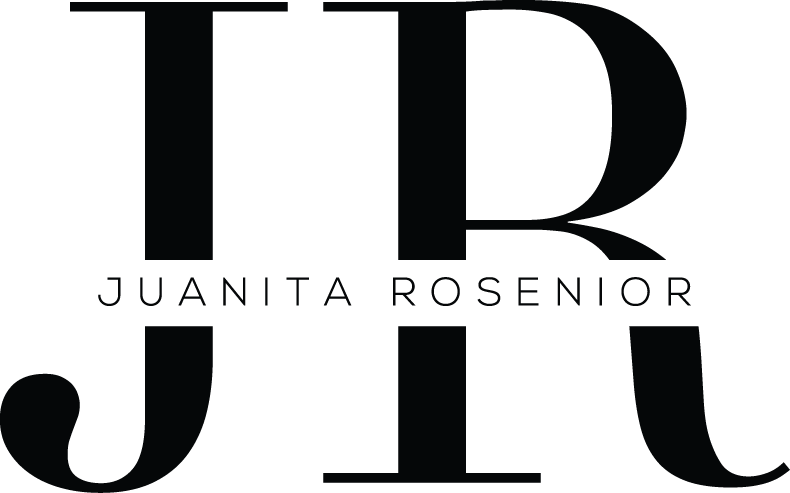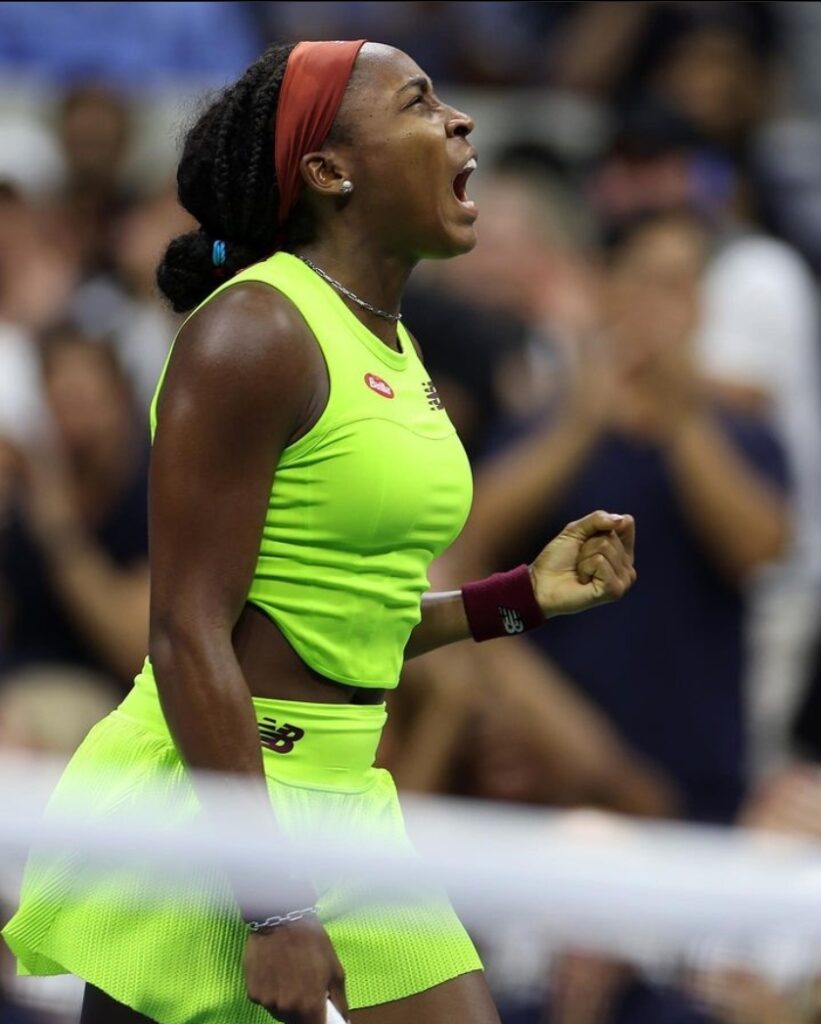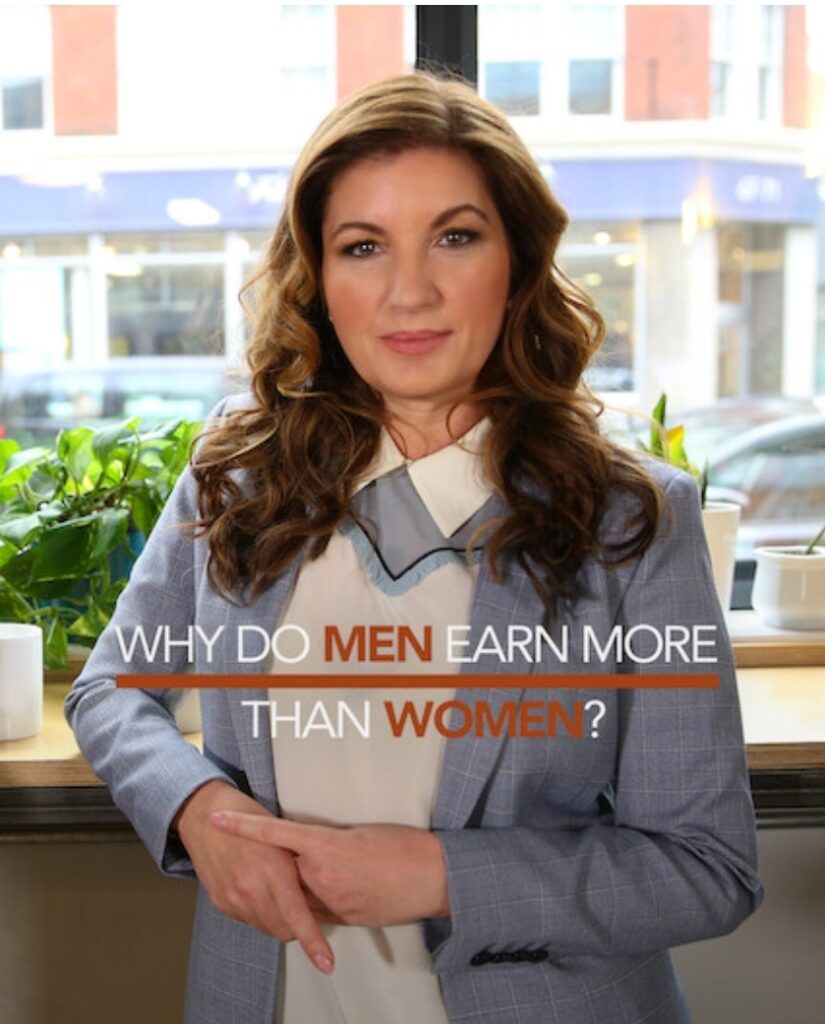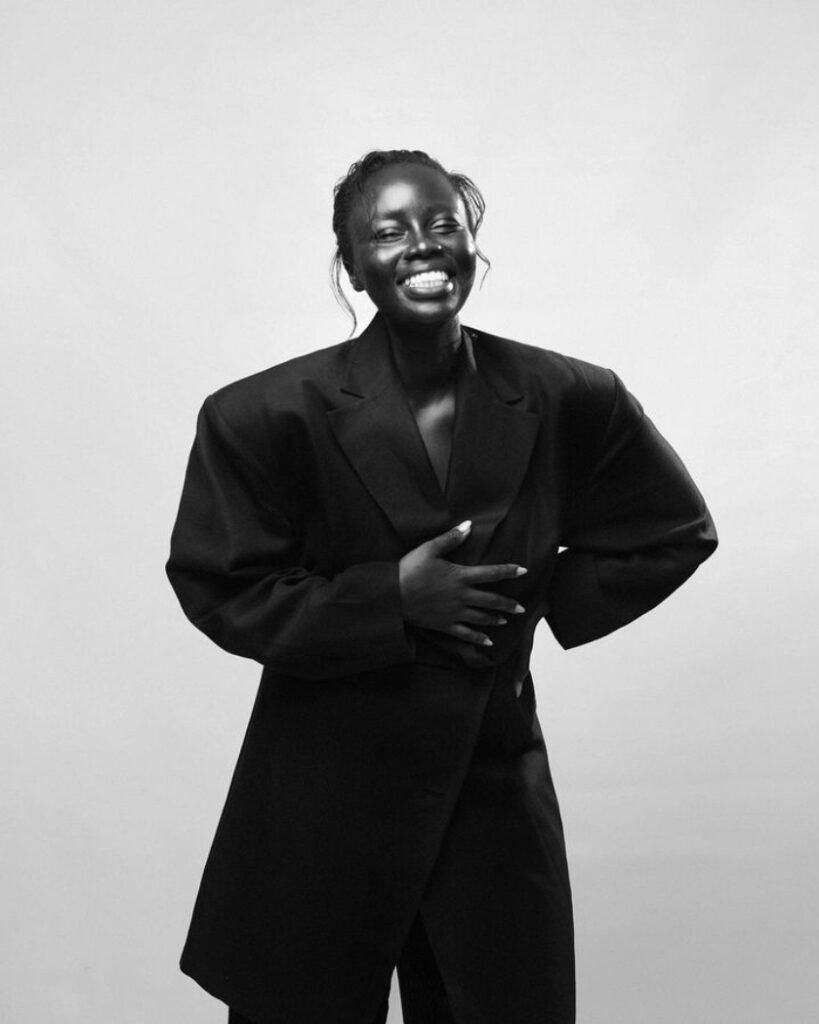
"Wear many hats but design all of them"
We’re coming to the end of the summer holidays but both parts of those words have been a myth in my life this year as I’ve been working throughout. Necessity rather than drive.
On one of the almost non-existent days I did take off, I had an interesting experience when I took my son to the cinema. When we got into the Odeon he immediately noticed two of his teachers. I assumed they were there enjoying the £3 cinema ticket offer like everyone else and put my son’s reaction down to kids missing the fact that their teachers have lives beyond school.
After the attendant blocked my son from the Equalizer 3 (Did you know about the 15A rule? I thought everything was down to parental discretion and Denzel hasn’t done anything on screen where I’ve had to hide behind my fingers 🫣 besides Training Day – I hated his character – and possibly American Gangster which I’ve never seen.) I asked to see the manager.
Turns out the manager is my son’s school teacher, one of several teachers working at the cinema during the summer holidays. It humbled me. I’ve noticed the trend of people taking on second jobs more recently but this was a stark reminder of how little they pay the people who accept the call to become teachers.
I don’t know either teacher’s circumstance – maybe they have a thing for free cinema tickets, I would – but it was a reflection of the times and how it’s hard for a lot of people right now.
For my mum, the impact was clear as I relayed the story. Being a former teacher herself she knows what the day-to-day is like in schools. Her concern is how effective will that teacher ultimately be if whilst they’re dealing with the pressures of the job they’re also figuring out how to survive due to rising living costs.
It was a reinforcement of the reason why there had been at least 4 strike days across my son’s journey through Year 9 earlier this year. Had it been one teacher I would put it down to someone who needed a side hustle but to have multiples is a sign of the times.
Here’s an example of where needs must and teachers are doing what’s needed to rise to the challenge despite the circumstances, which influenced the theme of this week’s edition.
RISING AGAINST UNFAIRNESS: COCO GAUFF DEFENDS HER GAME

Footage of teenage tennis star Coco Gauff went viral last week as she confronted an umpire at the US Open as documented by Fortune.
Whilst playing against Laura Siegmund, Coco noticed throughout the match that her opponent was violating several standard rules and not being pulled up on it.
Now I must admit my heart stopped whilst watching this footage – which I watched several times over. I was proud of Coco for clearly challenging flagrant bias which could have impacted the game in Siegmund’s favour but I also was waiting like an elder sister to see if I’d have to emotionally jump in. Players in the sport like John McEnroe were known for being particularly vocal on the court and whilst not completely unscathed by the consequences of their actions, it was accepted based on their gender. Coco is in that unique position of being Black and female. A blessing overall but a challenge in certain circumstances.
As she articulated herself, I went into defence mode – a natural position we tend to find ourselves in, assessing where attacks could come from about her behaviour. The fact she’s raising her voice is already going to label her as “aggressive” as we’re not afforded the right to be vocal. During her challenge she gesticulates and again I worry about how her natural reactions could be reframed negatively. Was she attempting to strike the umpire? Of course not but there’s always one who’ll reaching for that narrative.
The reactions of the umpire, the crowd and the commentators were interesting. One, Coco’s challenges were backed by all those watching the game. In a way I’m glad that this confrontation happened in the moment and in front of a crowd as the opportunity for misrepresentation is so rife in the Black experience. To have it all happen in the open was a blessing as sometimes injustices (or on a basic level people taking the piss) happen away from witnesses or buried in the subtlety and sophistication of its delivery making it harder to prove.
The fact the umpire was trying to defend the other player by saying Coco was serving too fast and whatever other random ideas were falling out her mouth was incredible to me and implied there was no neutrality on her part. Coco rebutted every single point giving my favourite line “I don’t care what she’s doing on her serve but on mine she has to be ready”. Case closed. Coco would go on to win the match.
We must teach those around us that defending ourselves is not something to be shied away from and that’s not a message to exclusively be given to our young people. It goes to anyone who has been taught that we should be seen and not heard or tempered culturally to put up and shut up. You have a right to defend yourself and not constantly feel the pain of self-betrayal.
I’ve been in very similar positions to Coco multiple times throughout my life, especially in the workplace. It’s a journey having to unlearn the idea that hierarchy means those higher-ups are automatically right and deserve unwavering respect no matter what they do to you. As I get older, this unlearning embeds itself and my voice continues to grow. Much to the chagrin of my 14-year-old son who often sees me unapologetically challenge especially if it is on his behalf but I realise he’s still somewhat protected from the realities of being a Black man in the world, something I’m both proud of but fearful of at the same time. What was witnessed on the court went beyond tennis and was a real lesson in self-advocacy for us all.
RISING AGAINST THE STATUS QUO: KARREN BRADY’S WHY DO WOMEN EARN LESS THAN MEN COMES TO NETFLIX

A new round of content came to Netflix this week and, though I question why I thought it was appropriate Saturday night viewing, I watched a new doc by Baroness Karren Brady. For those who are unfamiliar with her, Karren Brady is not just one of the advisors to Lord Alan Sugar on the entrepreneurial reality show The Apprentice. She has a long-standing career in football holding top positions at West Ham and Birmingham FC, unheard for a woman. She’s a successful businesswoman.
The premise of Why Do Women Earn Less Than Men is to explore the challenges facing women in the workplace when it comes to the gender pay gap. Across the 44-minute doc, she deduces that factors such as unconscious and societal biases and motherhood are all contributors. I mention the duration of the show because there is only so much that Baroness Brady (Karren to her friends – tell them again!) can naturally cover in a short space of time without losing the audience or almost belabouring the point.
I’ve always liked Karren Brady even before she came to The Apprentice because she is a unicorn. A high-achieving woman in the workplace is always of interest to me. However, the documentary suffered from the same unconscious bias she accuses some recruiters of during an experiment on how job candidates are selected. The doc gives a broad brush view of the workplace but dares not to touch on a significant point of difference that could also keep women out of the top jobs: race.
The race layer is a sticky topic and it’s not really a subject Baroness Brady can necessarily speak to. However, I think it is an aspect that should have been acknowledged even if it was in the statistical information shared alone.
Race aside, Karren Brady seems to display a natural tendency to assume that what you know or have experienced is common. At one point she states “I would never let a man get paid more than me” and talks about entering equal pay clauses in her contract. Good for you Karren but this comes from experience and ultimately a place of privilege. Negotiating contracts is not going to happen in every instance a woman find herself in.
In a workshop with women interested in learning how to negotiate a pay rise, the women put into pairs to practise asking. She lambasts one who starts her conversation off by asking permission to ask a question. “You never start any conversation with an apology”. Agreed and even I noted that one. But in another scenario where Baroness Brady plays “the boss” in a pairing, she shouts “wrong” incredulously when an “employee” tells her she’ll come back in three months after being told repeatedly there’s a pay freeze. Ironically they never share what a potential approach could be in that scenario.
What was valuable – and probably spoke to me as a comms person – is how influential the use of language is. Quote unquote “stronger” language such as confident, decisive and ambitious on a CV meant people fared better than those who wrote they were helpful and supportive, for example.
What I also appreciated about Baroness Brady’s take is that she calls out using body language and behaviour that betrays your position. She is a woman who is unafraid to ask for what she wants or to set her expectations. I do the same but am always tempered by my inner critic as being bullish often apologising for being direct or demanding better.
There is a distinct difference between being direct and being rude. I think that is defined in part by keeping your focus professional and on the scenario at hand rather than taking shots at the people involved. Does directness make people uncomfortable? A lot of the time yes, especially when they know there is validity in what’s being said plus it flies in the face of English sensibilities and the s*** sandwich approached often advocated for when giving feedback. However, the facts are just that and I’m trying to learn that how someone reacts emotionally to my professional directness is their problem rather than mine.
I think it’s great that the show was produced and listed on Netflix bringing more news style, social commentary and relevant British programming to the platform.
Were there gaps? Yes, and I find it a little hard that Baroness Brady will truly understand the plight of some of the women featured, but admittedly, that’s my own bias. However, I think there were some real gems to take away from the show, particularly that you are within your right to ask for what you want and what you’re worth.
RISING TO MEET YOUR GIFT: DESIGNER SARAH DIOUF OF TONGORO STUDIO’S JOURNEY TO RENAISSANCE

As I was scrolling through Instagram (no judgement please) I came across a micro-doc by Senegalese designer Sarah Diouf charting her journey creating one of the many iconic looks worn by superstar Beyonce during her ongoing Renaissance Tour. I’ve said it once and I will say it again: The people behind the artist are infinitely more interesting to me than the artists themselves and this content fed my soul.
In it, we see Sarah’s process of developing the piece from start to finish but we also learn how the love, encouragement and undoubtedly prayers of Sarah’s grandmother are the stitches that hold together the fabric of her being and her work. The footage is all black and white besides a photo of Sarah and her grandmother, who it seems sadly recently passed. It then crescendos into a series of images and videos of Beyonce wearing the final product in full colour.
There are few things that will make me punch the air more than a fellow African woman succeeding, especially when they are working out of the continent as it takes us further away from the Live Aid style perceptions of Africa and closer to Wakanda. Just witnessing positive success stories and artistic craftsmanship is heady for me. I always envy the natural talents of visual artists, no matter what their chosen medium is, to create an aesthetic that is visually and emotionally striking. Congratulations to Sarah, super proud.
Below is a snippet but you can watch the full five-minute documentary story on the Tongoro Studios Instagram page. Trust me, it’s just beautiful.
AND ON THAT NOTE…
There is something so regal and nurturing about the motivational speaker Paula Fontana (@paulafontana3 on Instagram) that each time she drops wisdom, I really do feel a little healed. This was a particular favourite and I’ll be spending the week doing all the things and staying camera-ready.
Pingback: PARTIAL BOOK REVIEW: DOES STEVEN BARTLETT’S 33 LAWS COME WITH A SIDE DISH OF GASLIGHTING?